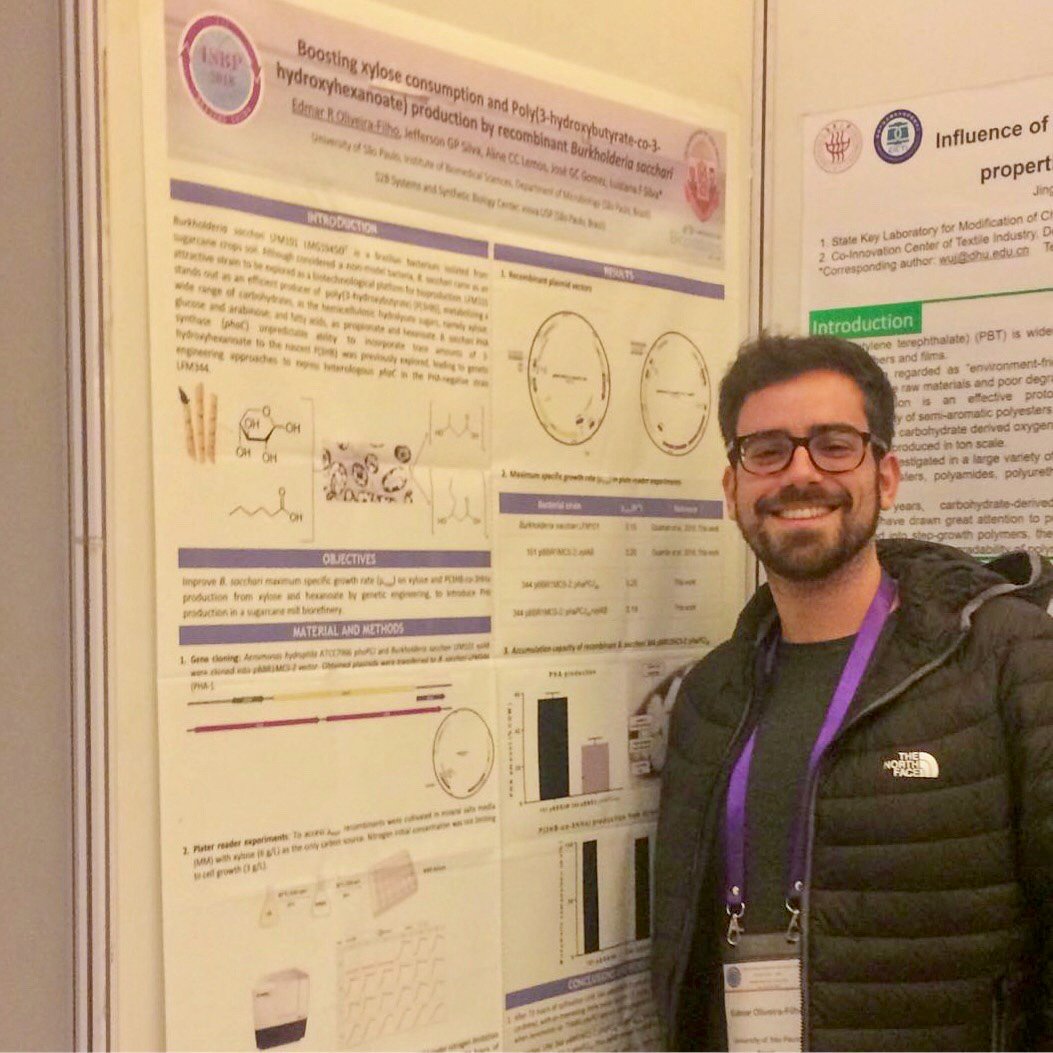Interview with Dr. Edmar Ramos Oliveira-Filho—Winner of the Fermentation 2023 Outstanding Reviewer Award
We are pleased to announce Dr. Edmar Ramos Oliveira-Filho as one of the winners of the Fermentation 2023 Outstanding Reviewer Award.

Name: Dr. Edmar Ramos Oliveira-Filho
Affiliation: Department of Horticultural Sciences, Institute of Food and Agricultural Sciences, University of Florida, Florida, USA
Interests: xylose; Paraburkholderia sacchari; polyhydroxyalkanoates; bioreactors; nanoparticles; drug delivery; Pseudomonas; agro-industrial byproducts; metabolic engineering; directed evolution; upscaling; microbial biotechnology; bioproducts; synthetic biology; biorefinery
1. Can you please tell us a little more about yourself and your current research?
I am a biologist, with a Ph.D. in biotechnology. During my master’s and doctoral studies, I have explored the biotechnological production of renewable biopolymers from agro-industrial byproducts. I am currently working with synthetic biology, focused on microbial engineering and the continuous directed evolution of enzymes.
2. Can you please share with us your sentiments upon winning the award?
Winning the award was a great pleasure! I'm delighted that reviewing for Fermentation has positively contributed to the scientific community.
3. Which research topics do you think are of particular interest to the research community in the coming years?
I believe the focus for the coming years will include strategies to mitigate (or deal with) the effects of climate change. Developing upscalable real-world technologies that move us closer to a sustainable society will be essential.
4. Could you share some insights into your approach to reviewing manuscripts? How do you balance thoroughness with efficiency?
My approach to reviewing manuscripts involves taking notes and thinking about potential questions the reader might have when reading the manuscript. It is often necessary to check classic and modern literature to get updated on the study's theme. To ensure a high-quality review, the peer-review process should not be rushed.
5. In your opinion, what are some key qualities that make a review outstanding?
A great review report requires time and dedication. The reviewer must pay attention to details and anticipate questions the readers might have, especially about the techniques used and the results presented.
